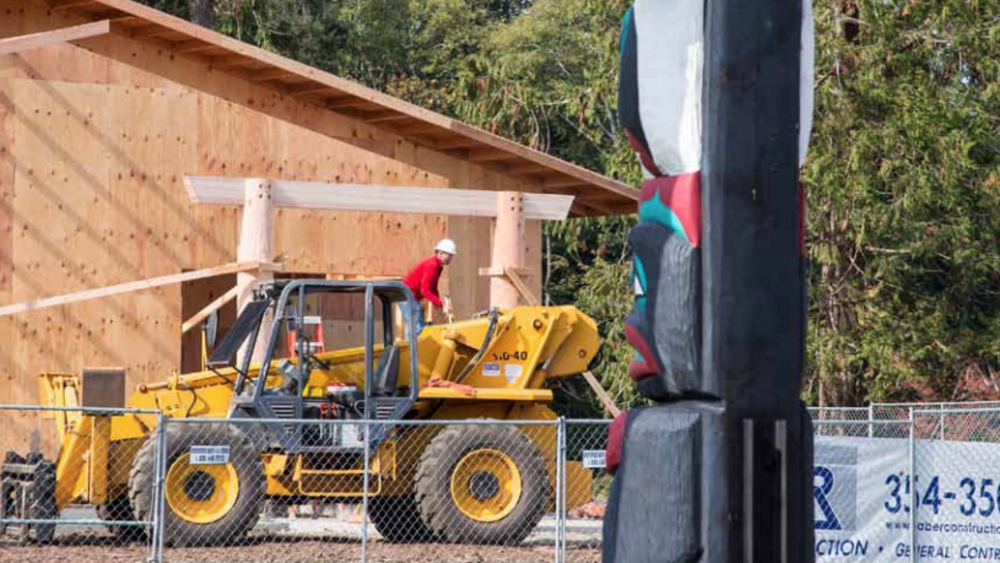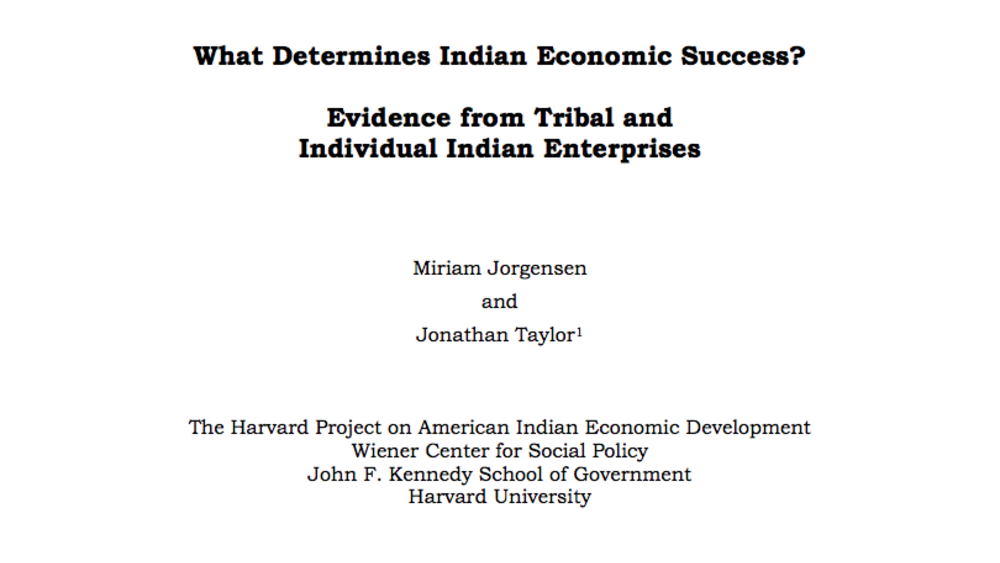UCLA School of Law "Good Native Governance" conference presenters, panelists and participants Miriam Jorgensen, Robert Miller, and Sherry Salway Black discuss economic research in Indian Country.
This video resource is featured on the Indigenous Governance Database with the permission of the UCLA American Indian Studies Center.
Additional Information
Jorgensen, Miriam. "The Cutting Edge of Economic Development in Indian Country." Good Native Governance: Innovative Research in Law, Education, and Economic Development Conference. University of California Los Angeles School of Law, University of California Los Angeles, Los Angeles, California, March 7, 2014. Presentation.
Miller, Robert. "The Cutting Edge of Economic Development in Indian Country." Good Native Governance: Innovative Research in Law, Education, and Economic Development Conference. University of California Los Angeles School of Law, University of California Los Angeles, Los Angeles, California, March 7, 2014. Presentation.
Salway Black, Sherry. "The Cutting Edge of Economic Development in Indian Country." Good Native Governance: Innovative Research in Law, Education, and Economic Development Conference. University of California Los Angeles School of Law, University of California Los Angeles, Los Angeles, California, March 7, 2014. Presentation.


